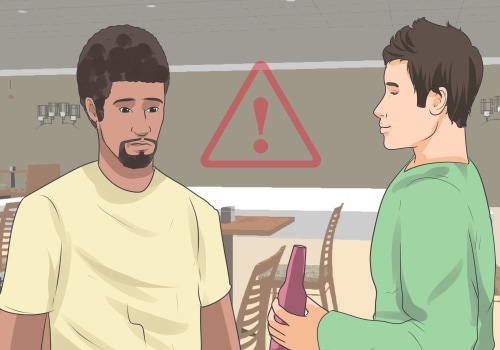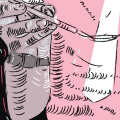If a loved one is struggling with drug addiction, it is important to encourage them to seek help. Talking to a primary care doctor or other professional can be a great first step in getting the help they need. Cognitive-behavioral therapy (CBT) is a valuable treatment tool that can be used for many different types of addiction, including food addiction, alcohol addiction, and addiction to prescription drugs. CBT can help people recognize their unhealthy behavior patterns and develop coping skills.
Rational emotional behavioral therapy (REBT) can also help people recognize their negative thoughts and provide them with ways to combat feelings of self-defeat. Contingency management (CM) is another form of treatment that can be used to treat a wide variety of addictions, such as alcohol, narcotics, and tobacco. CM reinforces positive behavior by providing tangible rewards. Although there is no cure for drug addiction, treatment options can help people overcome an addiction and stay drug-free.
Treatment depends on the medication used and any related medical or mental health conditions. Long-term follow-up is important to prevent relapse. People with a history of addiction should take special care with opioid pain relievers and be sure to tell their doctors about past drug use. Encouraging someone to seek treatment for their addiction is the best way to help them overcome it.
Until you know about addiction and the symptoms of drug abuse, it's easy to miss the signs that are right in front of you. As part of a drug treatment program, a psychologist or psychiatrist may perform behavioral therapy or receive counseling from a licensed alcohol and drug counselor. A person who has been addicted to drugs will have to re-learn all kinds of things, from what to do when bored to who to go out with.






